Since its launch in 2013, the International School Meals Day, celebrated on March 10, brings together students, school cooks, nutritionists, communities, businesses and health professionals from around the world to discuss the importance of school feeding and its impacts on well-being and education. The objectives of the date are to raise awareness about the importance of the nutritional quality of school feeding; emphasize the connection between healthy eating, education and learning; connect students from all over the world to promote healthy habits; share success stories; disseminate research; and to alert to the role of school feeding programmes in combating hunger and poverty.
Over the past ten years, the WFP Centre of Excellence against Hunger Brazil has supported countries around the world in creating and adapting school feeding programmes linked to local agriculture. Through South-South Cooperation, and in partnership with the Brazilian Cooperation Agency and the National Fund for Education Development, the good practices found in the Brazilian National School Feeding Programme have inspired – and continue to inspire – similar programmes in several countries. Here are some of these stories.
Bangladesh
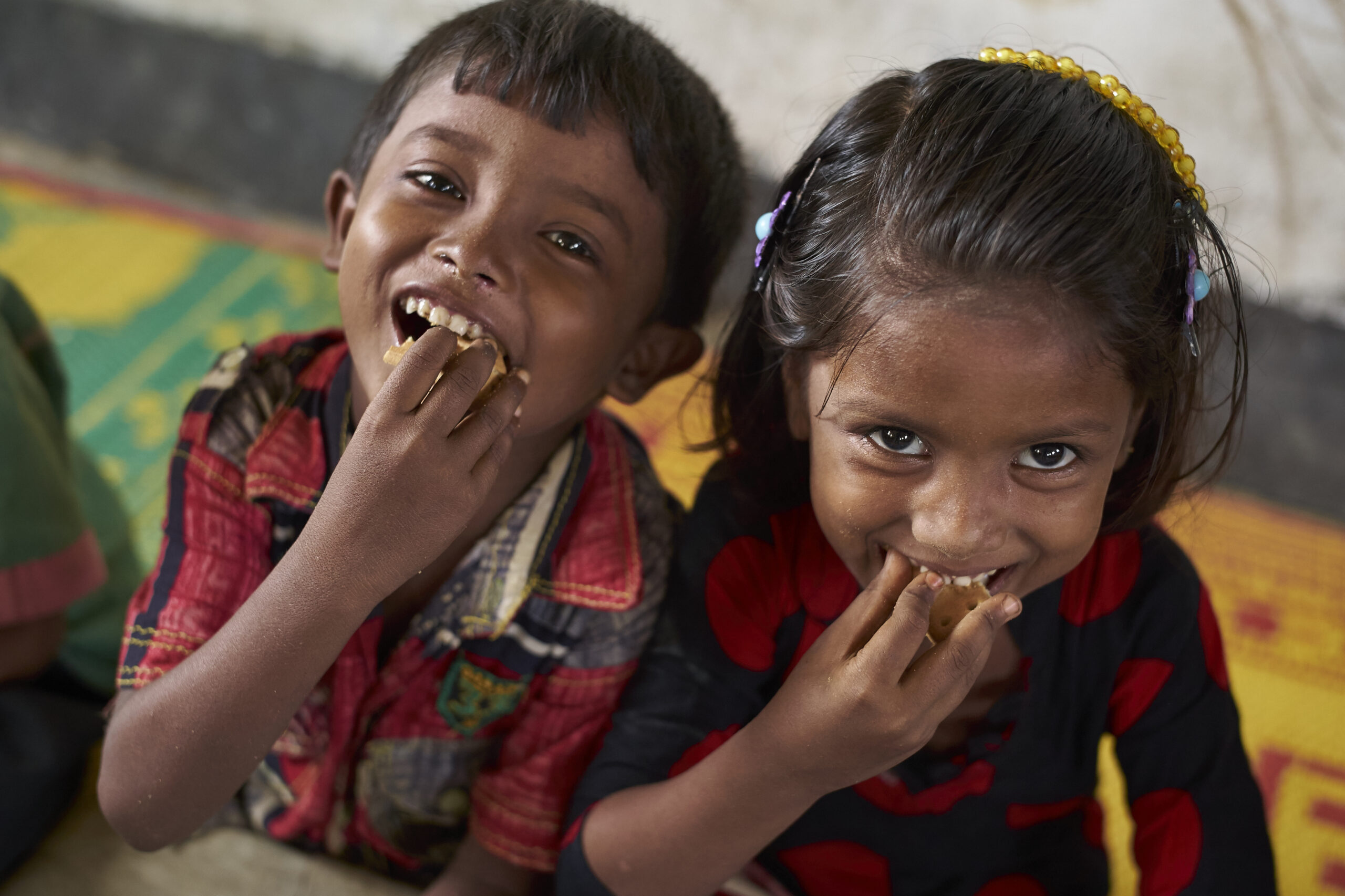
The WFP Centre of Excellence’s support to Bangladesh began in 2012, when a delegation visited Brazil to learn about the country’s experience with school feeding and its solid institutional framework for food and nutrition security. After the mission to Brazil, the Centre of Excellence continued to support Bangladesh and, in July 2013, the government and WFP started a pilot school feeding project. The pilot connected school feeding to family farming to assess the benefits, risks and challenges of the adoption of this modality on a national scale. With positive results in terms of attendance, a drop in the rate of school dropout and better school performance, the government decided to move forward with the development of a national school feeding policy. The National School Feeding Strategy was approved in 2019. Learn more.
Gambia
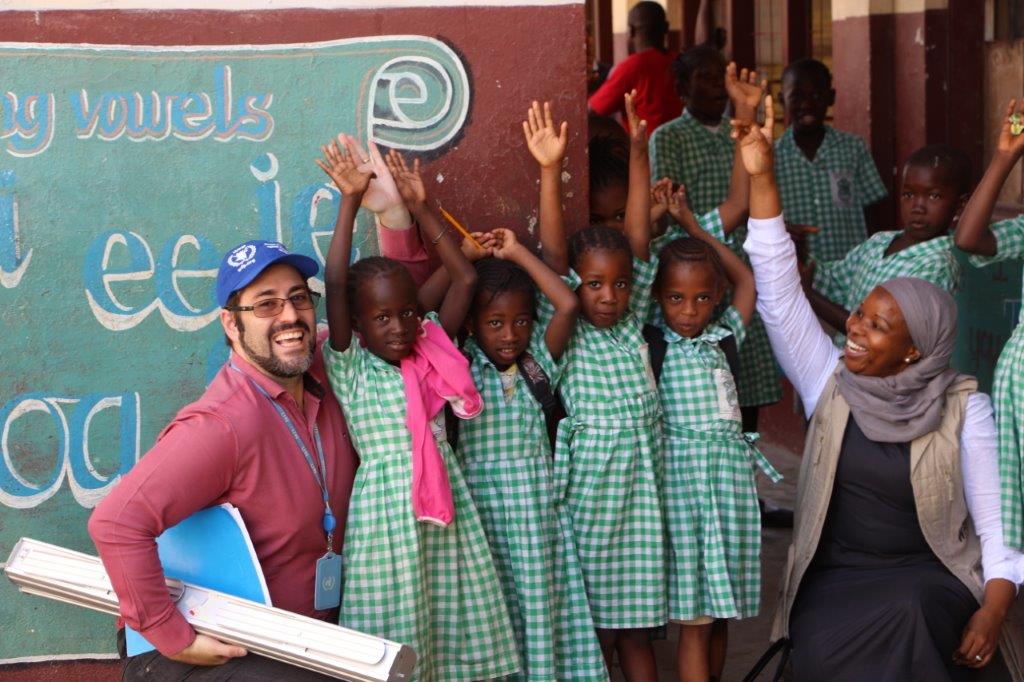
The Centre of Excellence’s support to the Gambia over the past few years has involved both issues related to school feeding and social protection, as well as the development of projects to access international funds. In 2014, a delegation from the Gambia came to Brazil to learn about the Zero Hunger Strategy, with emphasis on the National School Feeding Programme and its links with family farming. The study visit inspired the Gambian government to draw up a National Action Plan for School Feeding. In the following years, other actions in the field of school feeding were developed with the support of the Centre of Excellence. In 2020, following the positive response from the Technical Advisory Committee and Coordinating Unit of the Global Agriculture and Food Security Program (GAFSP), which approved funding for the country’s project, the Centre of Excellence, WFP and the African Development Bank, as well as designated supervisors, continued with a detailed plan for evaluating and implementing the project done remotely. Learn more.
Mozambique
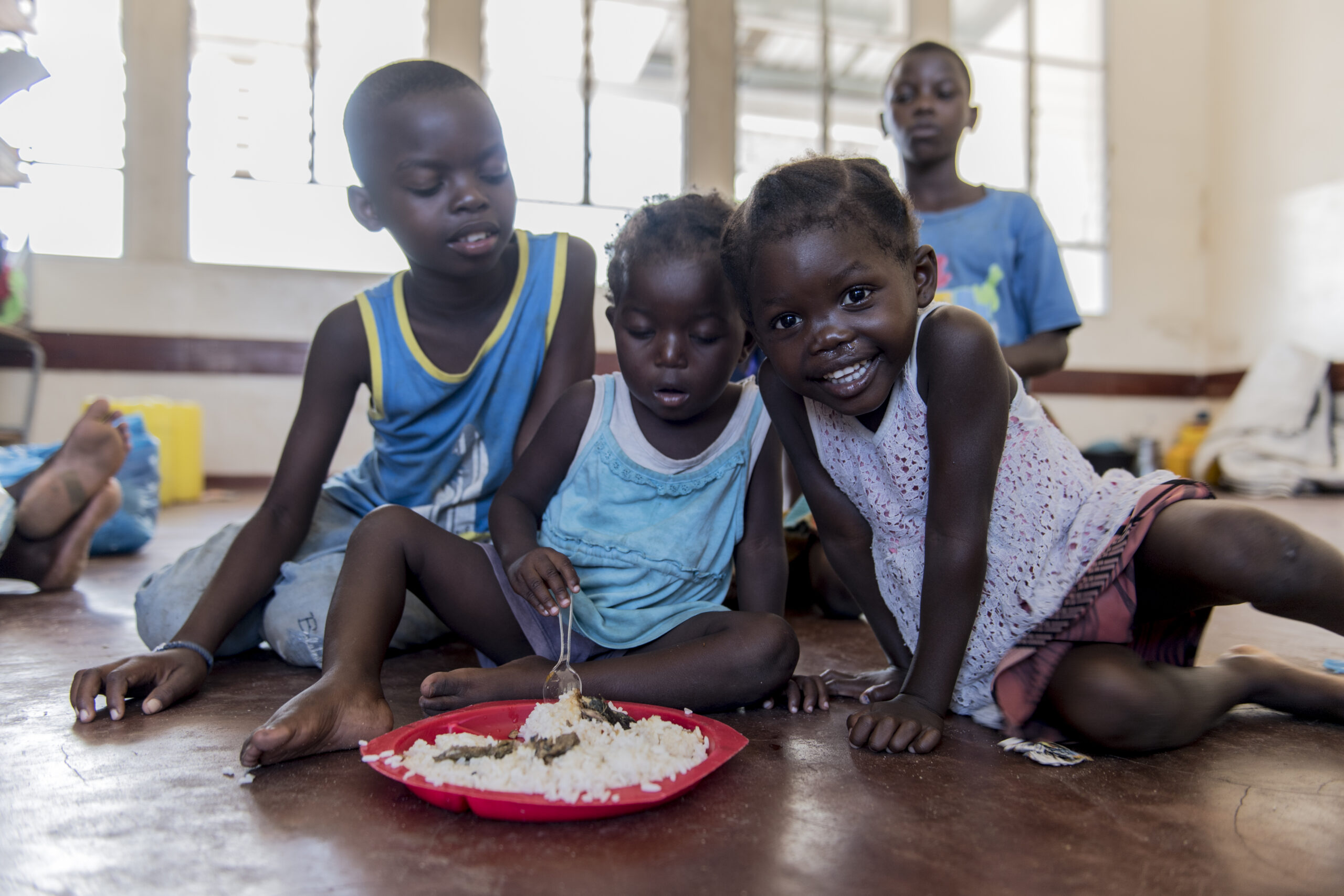
The Centre of Excellence has supported Mozambique since 2011 with several actions, including training, meetings with ministries, missions to Brazil and participation in international events with various partners and projects. Over the years and with active participation of WFP’s global and country offices and technical support from the Centre of Excellence in Brazil, the National School Feeding Programme in Mozambique (PRONAE) was developed and approved in 2014. In recent years, despite the restrictions imposed by the Covid-19 pandemic, the Centre of Excellence has advanced its support to Mozambique both in the development and evaluation of PRONAE, as well as in the advancement of the Beyond Cotton Project in the country.
Kenya
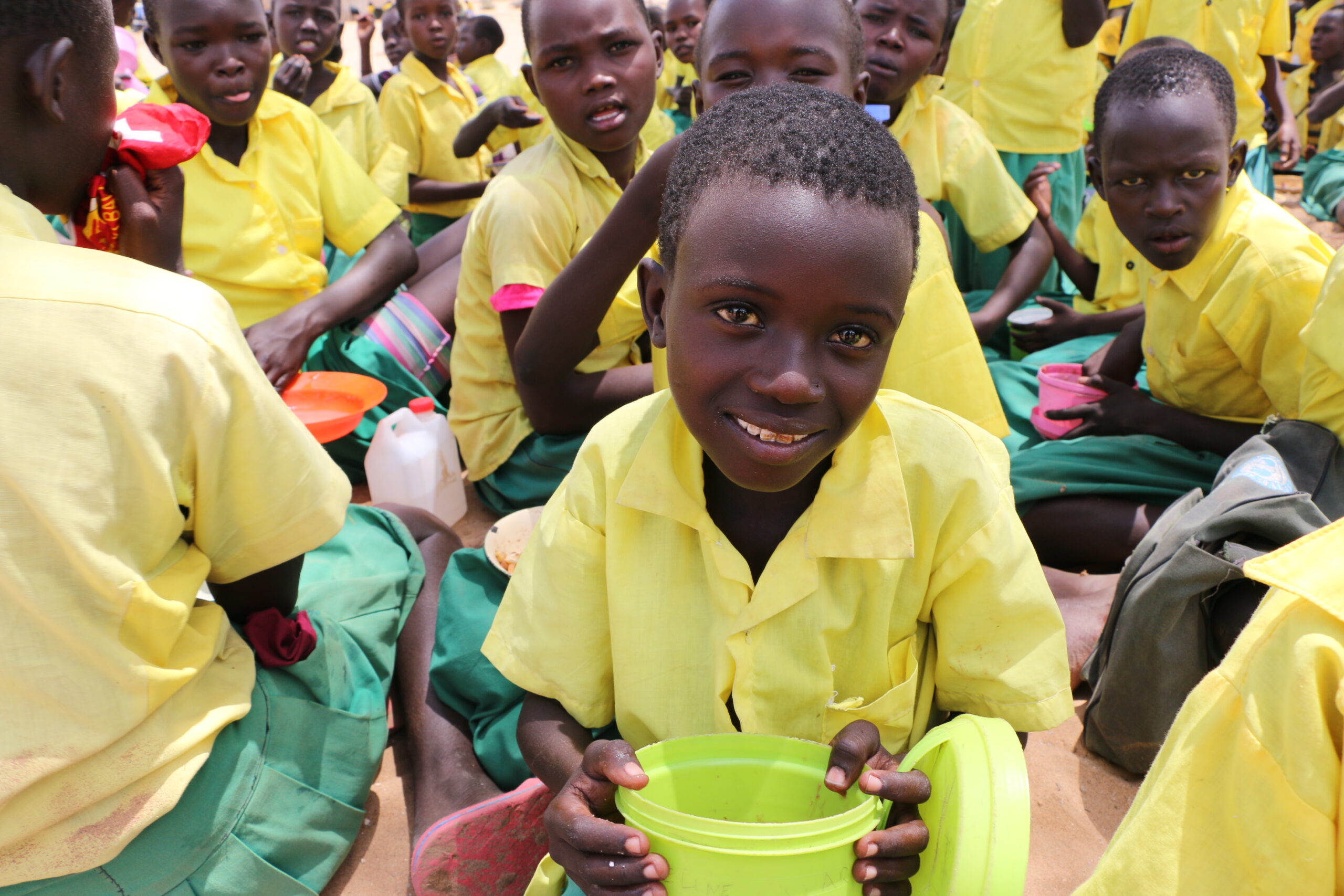
Kenya’s cooperation with the Government of Brazil began in 2009, when the WFP country office began to benefit from South-South exchanges with officials from the Brazilian Ministry of Education. Between 2011 and 2017, Kenya received direct support from the WFP Centre of Excellence in Brazil to strengthen its school feeding programme and develop the National School Feeding and Nutrition Strategy. In 2013, the Kenyan government began preparing for the sustainable expansion of its home-grown school feeding programme. In 2018, the government formally approved and launched the National School Feeding and Nutrition Strategy. In 2019, the process of transferring accountability from WFP’s school feeding programme to the Kenyan government was finalized. Despite the completion of the process, WFP continues to act as a partner of the Kenyan government, collaborating with technical support whenever necessary. Learn more.
African Union
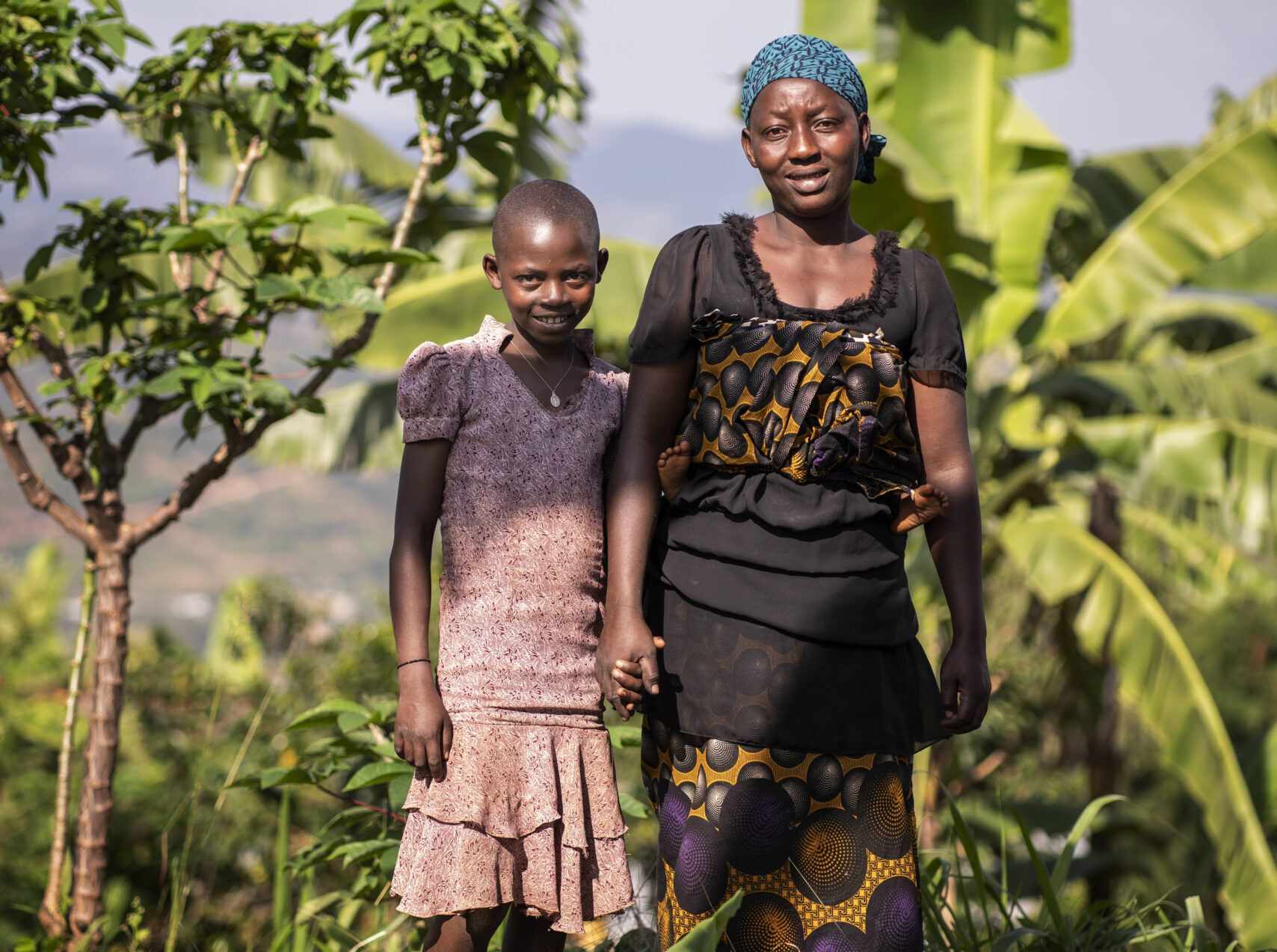
The Centre of Excellence supported the African Union (AU) in the process of consolidating its Continental Educational Strategy for Africa (CESA), which was approved by the African Union Commission in 2016. With South-South and Triangular Cooperation, WFP country offices and the Centre of Excellence have developed a number of tools, structures and documents to make school feeding an integral part of CESA. The full delivery of these products took place in 2020, and the AU is currently advancing with full ownership. Between 2012 and 2014, the Centre of Excellence hosted several delegations from AU member states and organized regional and international events in Africa to promote discussions on the link between school feeding and rural development. In 2015, after a robust political dialogue and advocacy work, the AU sent a delegation to Brazil to learn about the experience in school feeding. Another important result of this work was the designation of March 1 as African Day of School Feeding. The date marked the commitment of African countries to the promotion of school feeding programs linked to local food production as a strategy to achieve the Sustainable Development Goals. Learn more.
Find out more in the book “A Decade of Cooperation: 10 Years of WFP Centre of Excellence against Hunger in Brazil“.




